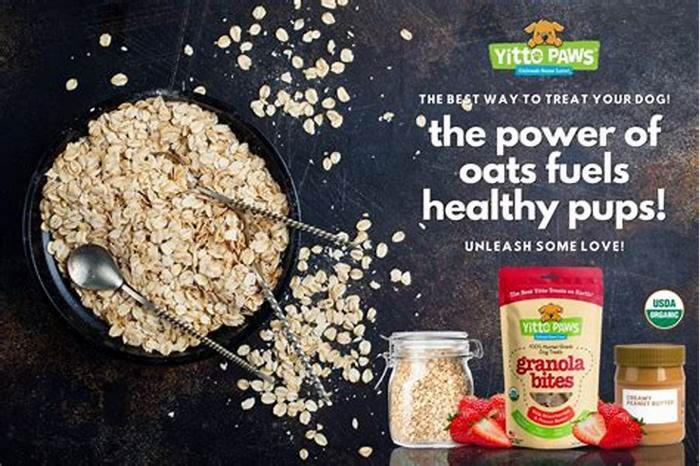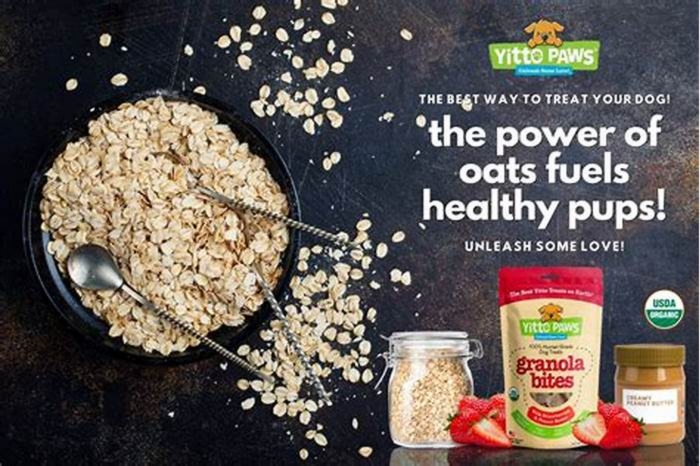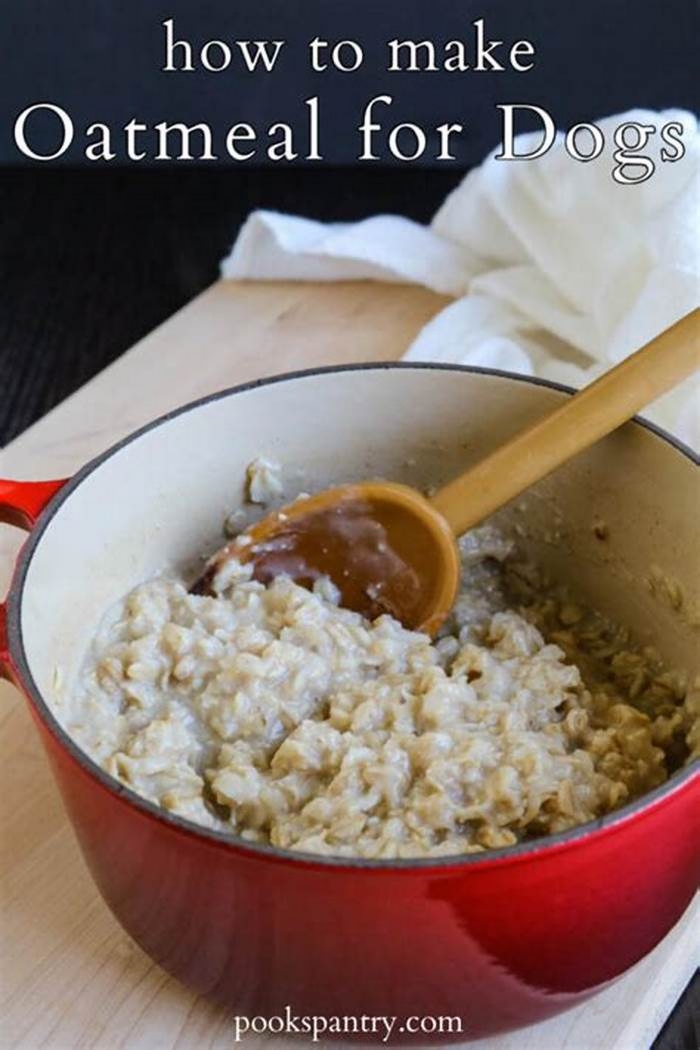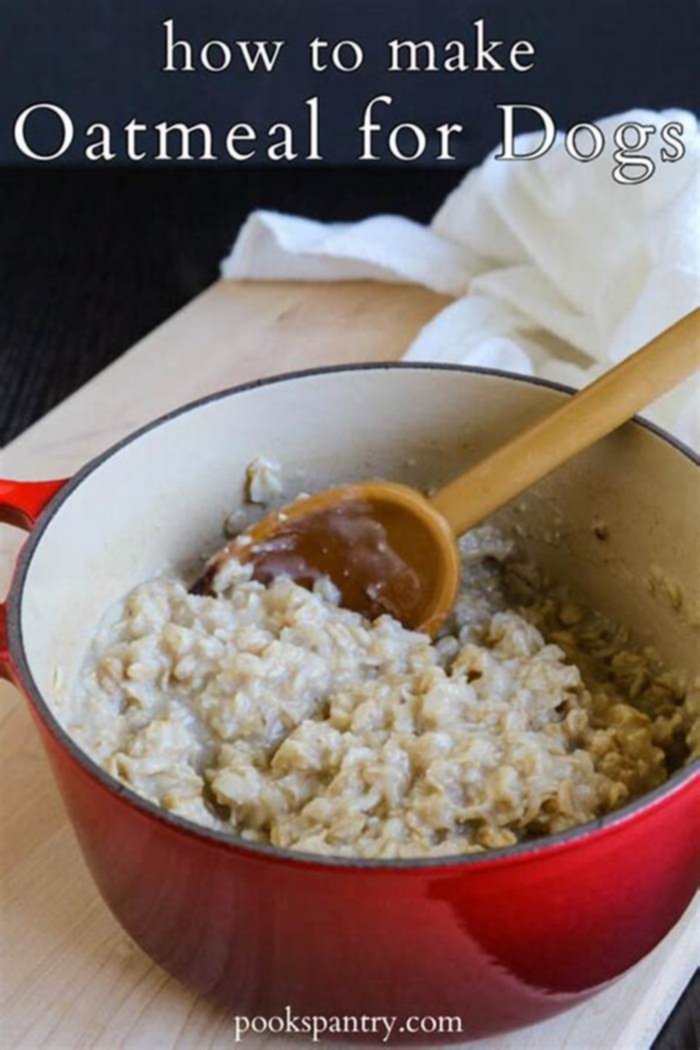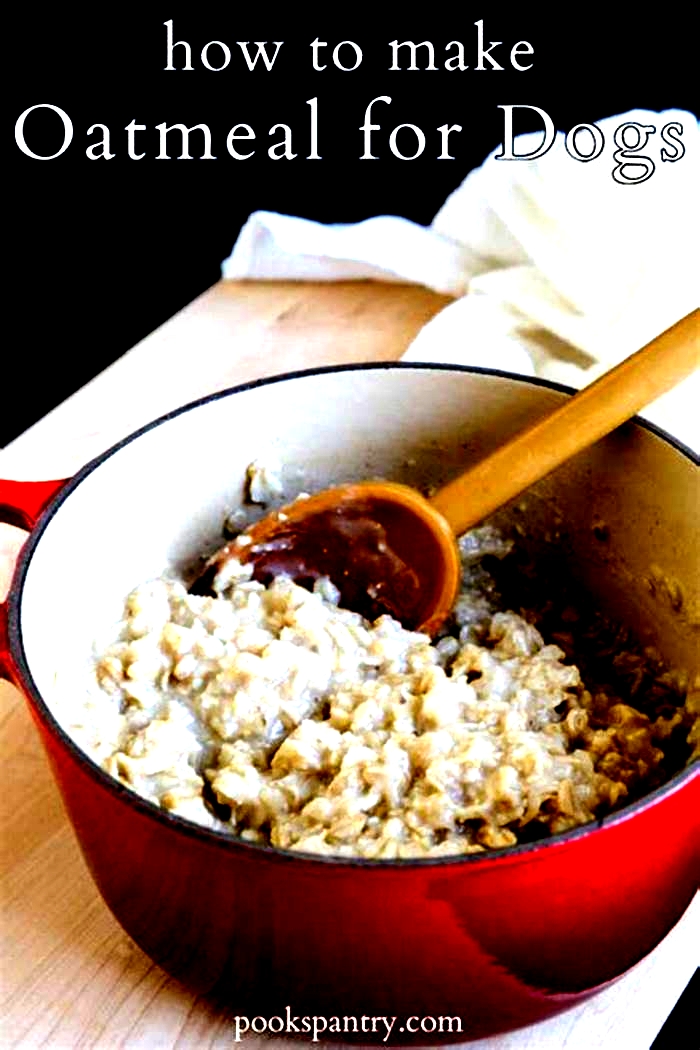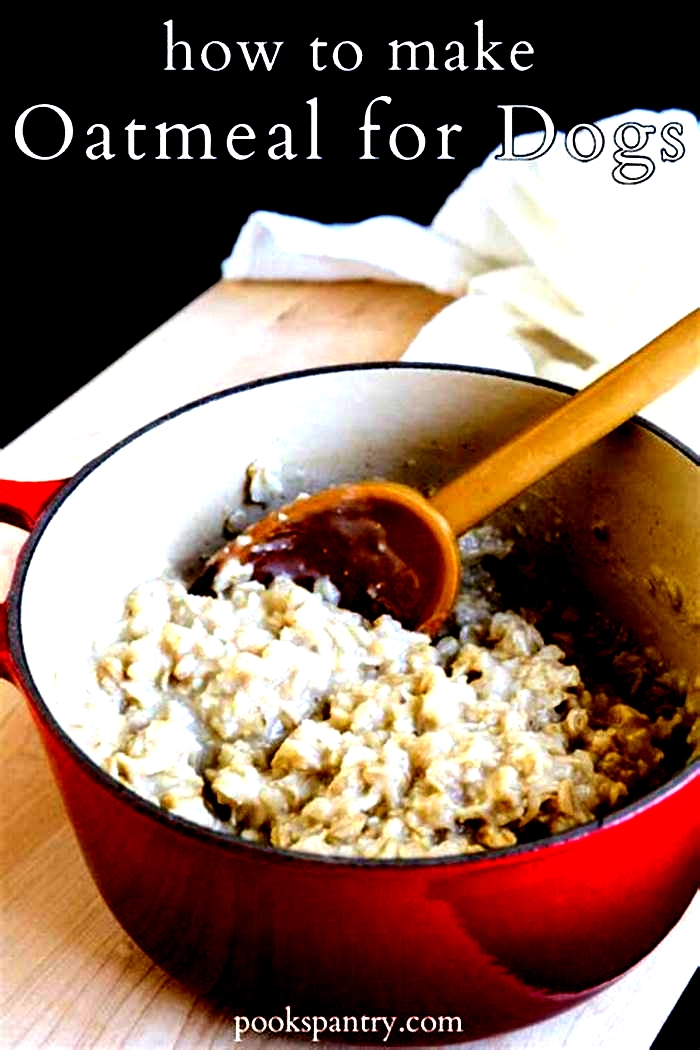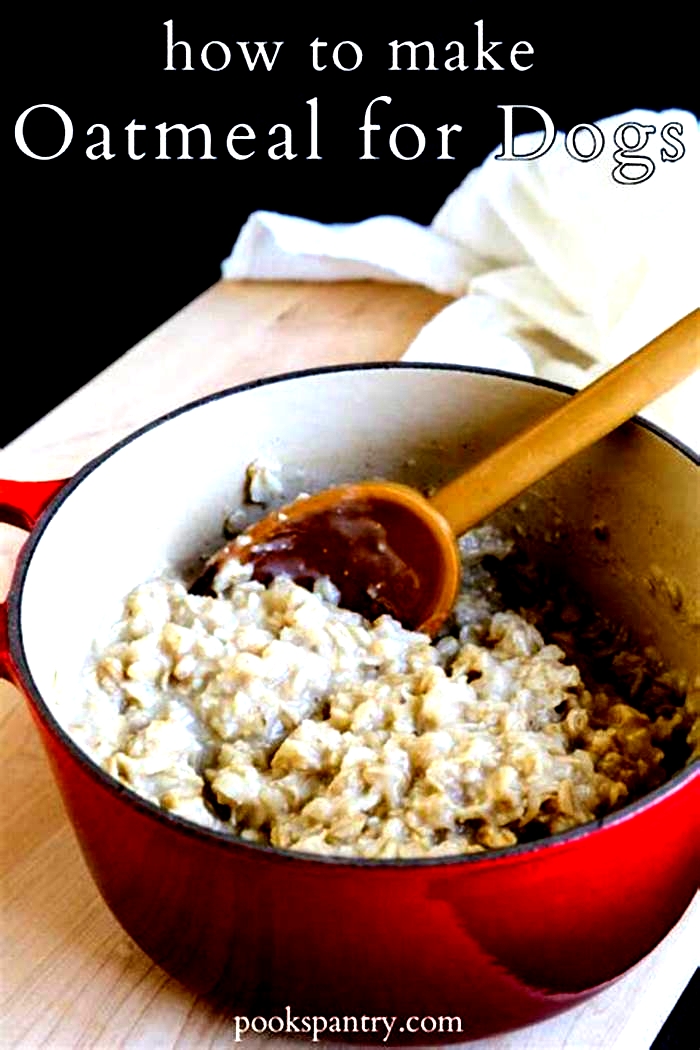Are eggshells good for dogs

Can Dogs Eat Egg Shells? Facts on Canine Diets
The adage "You are what you eat" resonates not just with humans but holds significant truth for our cherished furry companions as well. This principle underlines the importance of scrutinizing every aspect of their diet to ensure their health and well-being. Among the myriad of dietary choices and considerations for our pets, an intriguing question often surfaces, particularly among dog owners: "Can dogs eat egg shells?" This query leads us into a broader discussion that delves into the potential benefits and risks associated with incorporating egg shells into a dog's diet.

Egg shells, a common byproduct in many kitchens, frequently end up discarded without a second thought. However, the nutritional value they might offer, especially for dogs, warrants a closer examination. The topic of whether egg shells can be a healthy addition to a dog's diet or if they pose any hazards is surrounded by varying opinions and a considerable amount of debate within the pet care community.
As conscientious pet guardians, it's imperative to sift through the plethora of information and sometimes conflicting advice to determine the best dietary practices for our dogs. The discussion around "can dogs eat egg shells" is more than just a question; it's a gateway to understanding the complexities of canine nutrition and the ongoing pursuit of ensuring the optimal health of our beloved pets.
Can Dogs Eat Egg Shells?
When considering the inclusion of eggshells in your dog's diet, it's essential to understand their safety and nutritional benefits. Eggshells are primarily composed of calcium carbonate, making them an excellent source of calcium, which is crucial for maintaining strong bones and teeth in dogs. However, it's important to prepare them properly by cleaning, drying, and grinding them into a fine powder to avoid any potential risks, such as choking or gastrointestinal blockages. While most dogs can safely consume eggshells in moderation, it's always recommended to consult with a veterinarian to ensure they align with your dog's specific dietary needs and health conditions.
Are Eggshells Good for Dogs?
The debate around whether eggshells are beneficial for dogs encompasses a range of nutritional and health considerations. Eggshells, primarily composed of calcium carbonate, can be a natural and cost-effective supplement to a dog's diet, particularly for those in need of additional calcium. This is especially relevant for dogs with specific dietary requirements, such as growing puppies, pregnant or nursing dogs, and older dogs with potential bone health concerns.
However, it's imperative to understand that while eggshells can offer these nutritional benefits, their introduction into a dog's diet must be approached with caution. The risk of bacterial contamination, such as salmonella, necessitates proper preparation through thorough cleaning and cooking of the eggshells.
Additionally, consulting with a veterinarian prior to making dietary changes is crucial to ensure that the inclusion of eggshells aligns with the individual health needs and dietary restrictions of each dog, thereby optimizing their overall health and well-being.
The Nutritional Value of Egg Shells
Egg shells are primarily made of calcium carbonate, which is an essential mineral in a dog's diet. Not only does it contribute to strong bones and teeth, but it also plays a crucial role in nerve function and muscle health.
Dogs that lack enough calcium in their diet can suffer from a variety of health issues, such as brittle bones and, in severe cases, conditions like hip dysplasia. This is a painful disease that affects the hip joint of dogs, leading to discomfort and difficulty in movement.
Preparing Egg Shells for Dogs
Feeding egg shells to dogs isn't as simple as just cracking an egg and giving the leftovers to your dog.
The egg shells should be boiled to eliminate any potential bacteria, then dried and ground into a fine powder. This powder can then be easily mixed with your dogs regular food.
Proper preparation of egg shells ensures your dog is getting the nutritional benefits without any potential hazards.

The Potential Risks of Egg Shells in Dog Food
Egg shells, often touted for their numerous health advantages, are not entirely devoid of risks when considered as a dietary addition for dogs. Among the primary concerns is the presence of salmonella, a type of bacteria commonly associated with raw eggs, which poses a significant threat to canine health. This bacterium can lead to severe illness in dogs, manifesting symptoms that no pet owner would want their furry companion to endure.
To mitigate this risk and make egg shells for dogs a safer option, it's crucial to undertake proper preparation methods. A key step in this process involves boiling the egg shells thoroughly. This is not merely a recommendation but a necessary measure to eliminate any harmful bacteria, including salmonella, ensuring that the egg shells can be consumed by dogs without posing a threat to their health.
Incorporating boiled egg shells into a dog's diet can offer a range of benefits, provided they are prepared with care and attention to detail. This approach highlights the importance of understanding and adhering to safe food handling practices when it comes to feeding our pets, ensuring that we can harness the nutritional benefits of egg shells while effectively negating the associated risks.
Egg Shells as a Dog Food Supplement
The question of whether to add eggshells to your dog's meal plan might cross your mind, especially when considering their dietary needs. It's true that high-quality commercial dog foods are formulated to meet the nutritional requirements of most dogs. However, the introduction of eggshell powder could offer supplementary benefits, particularly for dogs with distinct health considerations.
Eggshells for dogs can serve as a natural source of calcium, which is particularly beneficial for certain groups within the canine population. Young puppies in their rapid growth phase, pregnant dogs needing extra support for their developing litter, and dogs experiencing joint issues like hip dysplasia, may find the added calcium from eggshell powder advantageous for their bone health and overall well-being.
Despite the potential benefits, it's paramount to proceed with caution and informed guidance. Consulting a veterinarian before incorporating significant changes into your dog's diet, such as adding eggshell powder, ensures that these adjustments are in the best interest of your pet's health and are tailored to their specific needs.

Dog Health and Egg Shells: The Vet's Perspective
The majority of veterinary experts concur that incorporating egg shells into your dog's nutritional regimen can have positive outcomes, provided they are prepared with care and incorporated sensibly. Egg shells, rich in calcium, offer a natural way to bolster your pet's intake of this essential mineral, which is vital for maintaining healthy bones and teeth. However, the key lies in moderation; an overabundance of calcium can lead to adverse health issues, such as kidney stones, which underscore the delicate balance required in dietary calcium levels.
Furthermore, while egg shells can be a beneficial addition, they are not intended to replace the comprehensive nutrition provided by a well-balanced dog food. They should be seen as a supplementary element, potentially enhancing your dog's overall diet by providing additional nutrients. It's important to integrate egg shells in a way that supports, rather than disrupts, the nutritional equilibrium of your dog's daily meals, ensuring they receive a wide spectrum of nutrients necessary for optimal health.
Are Crushed Eggshells Good for Dogs?
Crushed eggshells can be beneficial for dogs when prepared and administered properly. They are a natural source of calcium carbonate, a critical component for maintaining strong bones and teeth in dogs. This makes them particularly useful for certain groups of dogs, such as puppies who are rapidly growing, senior dogs who may need more support for their aging bones, and pregnant or nursing dogs who require additional calcium for their health and the health of their offspring.
However, it's important to ensure that the eggshells are thoroughly cleaned and then boiled or baked to eliminate any risk of salmonella or other bacterial contamination. Once properly prepared, the eggshells should be finely crushed or ground into a powder to facilitate easy digestion and prevent any potential risk of choking or digestive blockage.
Even with these precautions, it's essential to consult with a veterinarian before adding crushed eggshells to your dog's diet. This ensures that the addition is suitable for your dog's specific health needs and dietary requirements, and helps to avoid any imbalances or excesses in their calcium intake, which could lead to health issues.
A Real-Life Example
Let's take the example of Max, a German Shepherd suffering from hip dysplasia. Max's owner started adding ground egg shell powder to his diet, and within a few weeks, there was noticeable improvement in Max's mobility and pain level.
Now, Max can trot along on his daily walks without pain, even on rough terrain like a dog treadmill that could otherwise be tough on his dog paws.
A Few More Considerations
Navigating the intricacies of canine nutrition is comparable to understanding human dietary needs. It's not about isolating one ingredient but about achieving a balanced spectrum of nutrients. As you think about adding new items to your pet's meals, it's vital to assess how it complements the overall nutrient balance.
For example, while eggshells offer a rich calcium source, they lack other crucial nutrients such as proteins, fats, and various vitamins and minerals. Therefore, eggshells should serve as a supplementary addition, not a primary food source. Interestingly, if you're considering adding fruits, your dog can eat peaches, but it's always best to consult your vet for a tailored nutrition plan.
Moderation is Key
In addition to a balanced diet, moderation is another critical factor in dog nutrition. Even foods that can be beneficial, like egg shells, can cause issues if a dog eats too much.
Excess calcium from too many egg shells can lead to health issues such as bladder stones, especially in predisposed breeds. Therefore, if you decide to add egg shells to your dog's diet, it's essential to do so in moderation.
Consult with a Professional
The value of professional advice can't be overstated when it comes to your dog's health and diet.
A professional veterinarian can evaluate your dog's specific needs, considering their breed, age, weight, and overall health. They can then provide tailored advice, including whether or not to add egg shells to your dog's diet, and in what quantity.
For instance, a vet might recommend egg shells for a large breed puppy to support their rapid bone growth. On the other hand, they might caution against it for an older dog with kidney issues because of the risk of kidney stones.
The Verdict: A Tailored Approach
Ultimately, the decision to include egg shells in your dog's diet should be a thoughtful, informed one, unique to your dog's needs. Whether your dog is a teething puppy, an active young adult, or a senior with health conditions, their nutritional needs will differ.
When adding egg shells, remember, it's not a quick fix for any health problem, but a supplement that can support your dog's overall wellbeing when used correctly.
The Power of Knowledge
Being informed about what you're feeding your dog can make a significant difference in their life. Like in the case of the question, "Can dogs get lice?" understanding the risks and knowing what to look for can help you prevent and treat such issues early.
The same applies to understanding the potential benefits and hazards of egg shells in a dog's diet. Armed with this knowledge, you're better prepared to make decisions that positively impact your dog's health.

Sharing experiences and knowledge with other dog owners can be a great way to learn more about what works and what doesn't.
Remember the example of Max, the German Shepherd with hip dysplasia? His owner's decision to include egg shells in his diet was inspired by other dog owners' experiences. But it wasn't a decision made lightly. It involved vet consultations, extensive research, and careful monitoring of Max's reaction to the new supplement.
As responsible dog owners, we are always looking for ways to optimize our dogs' health and safety. Alongside nutritional considerations like egg shells in their diet, technology is stepping up to lend a helping hand. Fi dog collars are a prime example.

Harnessing Technology for Our Furry Friends
Fi dog collars are smart collars designed to help monitor and track your pet's daily activity levels, similar to how a Fitbit works for humans. They can track your dog's steps, giving you an insight into their exercise habits.
You might wonder, "What does this have to do with egg shells in my dog's diet?" Well, it's all about a holistic approach to your dog's health.
The Connection Between Diet and Activity
The relationship between a dog's diet and their activity level is crucial. For example, a high-energy dog needs more calories than a less active dog. Similarly, a dog's nutrient needs, like calcium from egg shells, can also be affected by their activity level.
By using a Fi dog collar, you can monitor your dog's activity and adjust their diet accordingly. This can help ensure that your dog's diet, including any supplements like egg shells, aligns with their lifestyle.
Safety and Health in One Package
Fi dog collars can also provide real-time GPS tracking. In our example with Max, the German Shepherd, his owner could be reassured that even if Max wandered off during his dog treadmill exercise sessions, his location could be tracked instantly, ensuring his safety.
In the context of a dog's diet, this peace of mind means that you can focus on what matters: ensuring your dog gets the right nutrients from their diet and stays in optimal health.
Conclusion
Navigating the world of dog health can sometimes feel like walking a tightrope. Between diet, exercise, and general wellness, there's a lot to consider. But in the midst of all this, the question we've tackled in this article stands out: Are egg shells in a dog's diet healthy or hazardous?
From exploring the nutritional benefits of egg shells, we've seen that they are a natural source of calcium that can support strong bones and teeth, contribute to nerve function and muscle health, and potentially alleviate conditions like hip dysplasia. We've also noted the importance of properly preparing egg shells to eliminate potential bacteria, particularly salmonella.
However, we've emphasized that egg shells should supplement a balanced diet rather than replacing any part of it. They should not be considered a primary food source, and their usage should be moderated to avoid health issues from excessive calcium, such as bladder stones.
We also introduced the Fi dog collar, a smart device that can help monitor and track your pet's daily activity levels. By understanding your dog's exercise habits, you can adjust their diet accordingly, thus ensuring that any supplement like egg shells aligns with their lifestyle. A Fi collar also adds an extra layer of safety with its real-time GPS tracking capability.
In addressing questions around lice in dogs and the best dewormer for dogs, we reinforced that professional advice is vital when making decisions impacting your pet's health. Vets can provide personalized advice tailored to your dog's specific needs, ensuring they stay healthy and happy.
So, are egg shells in a dog diet healthy or hazardous? They can indeed be a healthy addition to your dog's diet if used correctlyproperly prepared, used in moderation, and supplementing a balanced diet. But as always, consult with a vet before making any significant changes to your dog's diet.
In the end, whether it's about egg shells, using a Fi dog collar, or protecting your dog's paws on a dog treadmill, it all comes down to ensuring your furry friend leads a long, happy, and healthy life. That's the aim, and as responsible pet owners, we are equipped to provide them the best possible care.
Frequently Asked Questions (FAQs)
Here are some of the frequently asked questions.
- Are egg shells safe for dogs to eat?
- Yes, egg shells are safe for dogs to eat as long as they are properly prepared. This includes boiling the shells to remove any potential bacteria, drying them out, and then grinding them into a fine powder to be added to your dog's regular food.
- How much egg shell should I give my dog?
- The amount of egg shell to give your dog depends on their size, age, and overall health. It's best to consult with a vet to determine the correct amount. However, a general guideline is about a half teaspoon of ground egg shell powder per day for a medium-sized dog.
- Can egg shells replace a commercial dog food diet?
- No, egg shells should not replace a commercial dog food diet. They are high in calcium but do not provide all the necessary nutrients your dog needs. They should be considered a supplement to a balanced diet.
- What are the potential risks of feeding egg shells to my dog?
- The main potential risk of feeding egg shells to dogs is the possibility of salmonella contamination. This can be mitigated by properly preparing the shells. Too much calcium can also lead to health issues like kidney stones, so moderation is key.
- How can Fi dog collars complement a healthy diet for my dog?
- Fi dog collars can help monitor your dog's activity levels, giving you insight into their exercise habits. This can help you adjust your dog's diet, including any supplements like egg shells, to match their activity level. They also provide safety features like GPS tracking.

